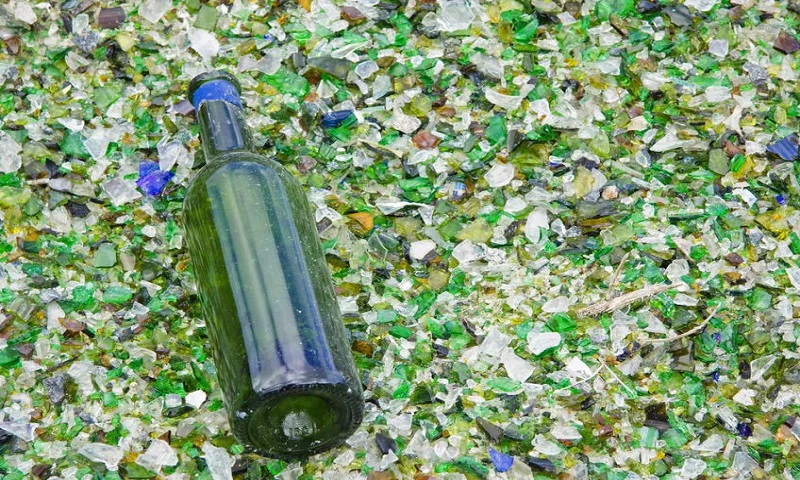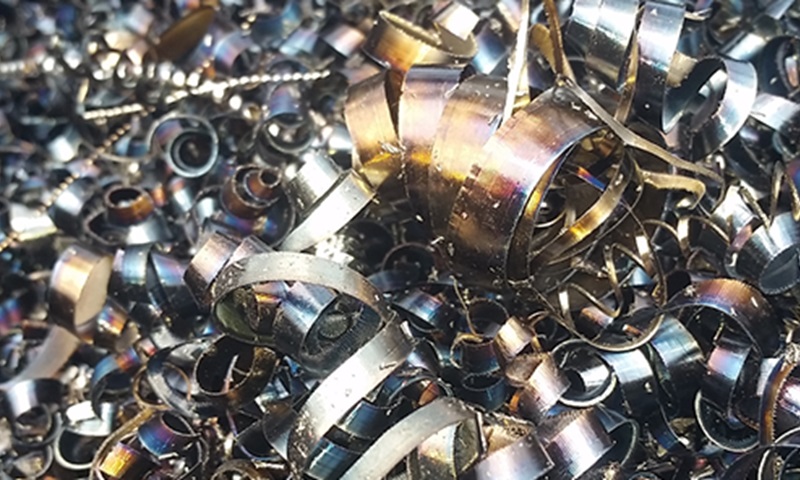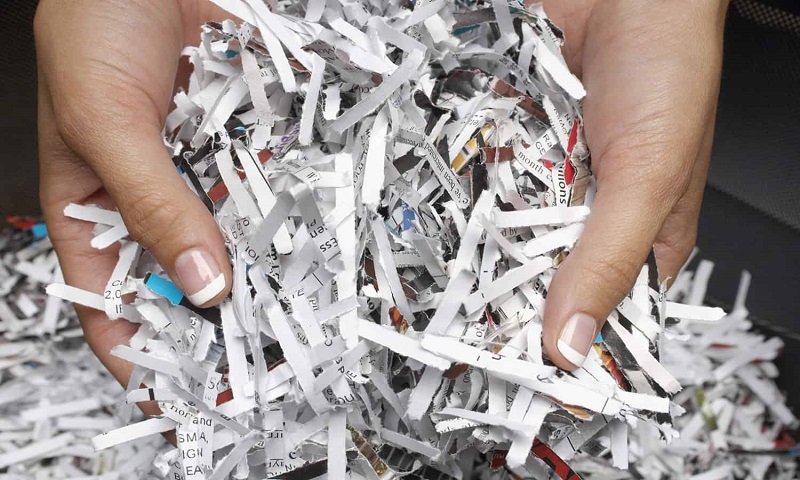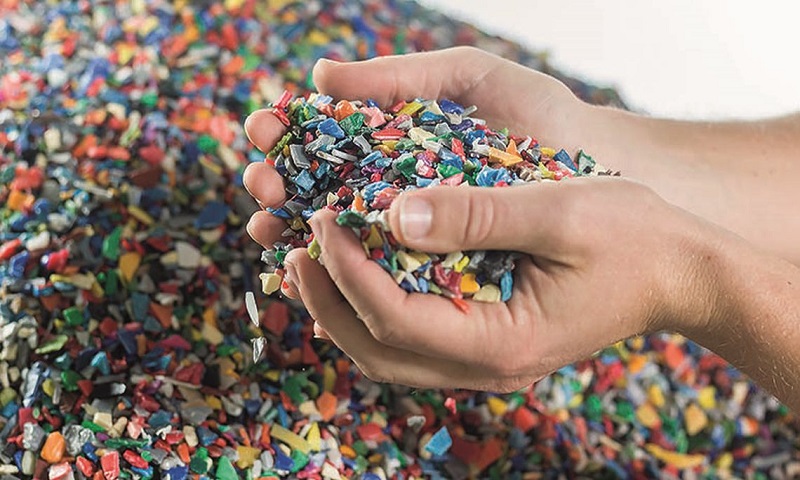The Environmental Impact of Recycled Products:
Why It Matters More Than Ever
In today’s world, there is an increasing push towards sustainability and environmental consciousness. One of the ways we can contribute to this effort is by recycling. Recycling is a process that involves converting waste materials into new products, and it has been widely embraced as a way to reduce waste, conserve resources, and curb pollution.
However, not all recycled products are created equal, and their environmental impact can vary greatly depending on the materials used, the manufacturing process, and the end-of-life disposal. In this article, we will explore the environmental impact of recycled products and why it matters more than ever.
We will look at the benefits of recycling, the challenges facing the industry, and the need for consumers to be informed and responsible when choosing recycled products. Join us as we delve into this important topic and discover how we can all make a difference in preserving our planet for future generations.
The environmental impact of non-recycled products
The production of non-recycled products has a significant impact on the environment. Extraction of raw materials, manufacturing, transportation, and disposal all contribute to pollution, greenhouse gas emissions, and depletion of natural resources.
For instance, the production of paper products from virgin wood requires cutting down forests, which not only destroys habitats but also reduces the ability of trees to absorb carbon dioxide.
Similarly, the production of plastic products from petroleum requires drilling and refining, which release greenhouse gases and other pollutants into the air and water.
When these products are disposed of in landfills, they take up space and release methane, a potent greenhouse gas that contributes to climate change.
Benefits of recycled products
Recycling offers several benefits that make it a valuable tool in the fight against environmental degradation.
- Firstly, recycling reduces the need for extracting new raw materials, which conserves natural resources and reduces the impact of resource extraction on the environment.
- Secondly, recycling reduces the amount of waste that ends up in landfills and incinerators, which reduces greenhouse gas emissions and conserves space.
- Thirdly, recycling saves energy since it takes less energy to produce products from recycled materials than from virgin materials. For instance, recycling aluminium saves 95% of the energy required to produce new aluminium from bauxite ore.
- Lastly, recycling creates jobs and stimulates economic growth since it requires a workforce to collect, sort, and process recycled materials.
The recycling processes
The recycling process involves several stages that vary depending on the type of material being recycled. In general, the process begins with collection and sorting of recyclables, followed by processing into raw materials, and finally, manufacturing into new products.
- Collection can be done through curb side pickup, drop-off centres, or deposit systems, depending on the location and type of material.
- Sorting is done to remove contaminants and separate different types of materials, such as paper, plastic, glass, and metal.
- Processing involves converting the materials into raw materials, such as pulp for paper, flakes for plastic, or chips for metal.
- Lastly, the raw materials are manufactured into new products, such as paper, bottles, or cans.
Misconceptions about recycled products
There are several misconceptions about recycled products that may discourage people from using them.
One of the most common misconceptions is that recycled products are of lower quality than non-recycled products. However, this is not necessarily true since recycled products can be just as durable and functional as non-recycled products.
Another misconception is that recycling requires more energy than it saves, which is also false since recycling can save significant amounts of energy, as mentioned earlier.
Lastly, some people believe that recycling is not worth the effort since only a small percentage of waste is recycled. However, every bit counts, and recycling can make a significant impact when done on a large scale.
The importance of choosing recycled products
Choosing recycled products over non-recycled products can make a big difference in reducing the environmental impact of our consumption. When we choose recycled products, we support the recycling industry and create a demand for recycled materials, which in turn conserves natural resources and reduces pollution.
Additionally, we send a message to manufacturers that we care about the environment and expect them to incorporate recycled materials into their products.
However, it is important to note that not all recycled products are created equal, and some may have a higher environmental impact than others. Therefore, it is important to do research and choose products that are made from recycled materials and have a low environmental impact throughout their life cycle.
Examples of successful recycled product initiatives
There are several successful recycled product initiatives that demonstrate the potential of recycling to reduce environmental impact and create economic opportunities.
One such initiative is the recycling of plastic bottles into clothing. Companies such as Patagonia and Nike have developed technology to convert plastic bottles into high-quality polyester fibres that can be used to make clothing and other products.
Another initiative is the recycling of glass into building materials. Glass can be crushed and mixed with cement to make tiles, countertops, and other building materials that are both durable and sustainable.
Lastly, the recycling of electronics, such as smartphones and laptops, into new products is becoming more common as manufacturers seek to reduce the impact of electronic waste on the environment.
The future of recycled products
The future of recycled products is bright, as more and more companies and individuals embrace sustainability and environmental consciousness.
Advances in technology are making it easier and more cost-effective to recycle a wider range of materials, and governments are implementing policies to promote recycling and reduce waste.
Additionally, consumers are becoming more aware of the environmental impact of their choices and are demanding more sustainable products. However, there are still challenges to be overcome, such as improving collection and sorting systems, reducing contamination, and increasing demand for recycled materials.
Tips for incorporating more recycled products into your daily life
Incorporating more recycled products into your daily life can be a simple and effective way to reduce your environmental impact. Here are some tips to get started:
– Look for products made from recycled materials, such as paper, plastic, glass, and metal.
– Buy products that are recyclable and make sure to recycle them properly.
– Use reusable bags, containers, and water bottles to reduce waste.
– Repair and reuse items instead of throwing them away.
– Support companies that prioritize sustainability and environmental consciousness.
Conclusion
In conclusion, the environmental impact of recycled products is an important topic that deserves our attention and action. Recycling offers several benefits, including conserving natural resources, reducing waste, saving energy, and creating jobs.
However, it is important to choose recycled products wisely and be aware of their life cycle impact. By incorporating more recycled products into our daily lives and supporting sustainable initiatives, we can all contribute to a healthier and more sustainable planet for future generations.




